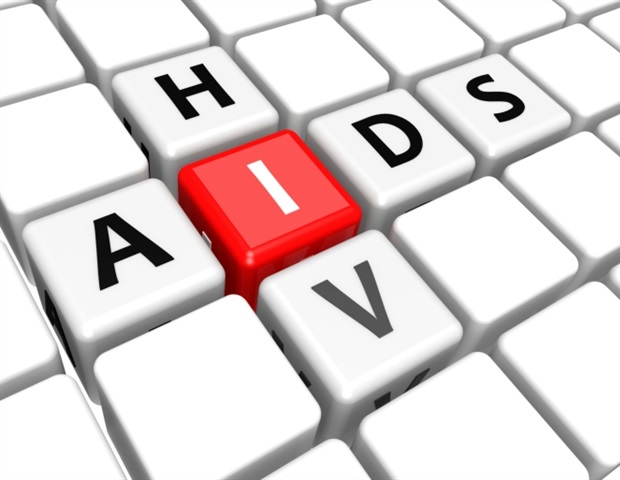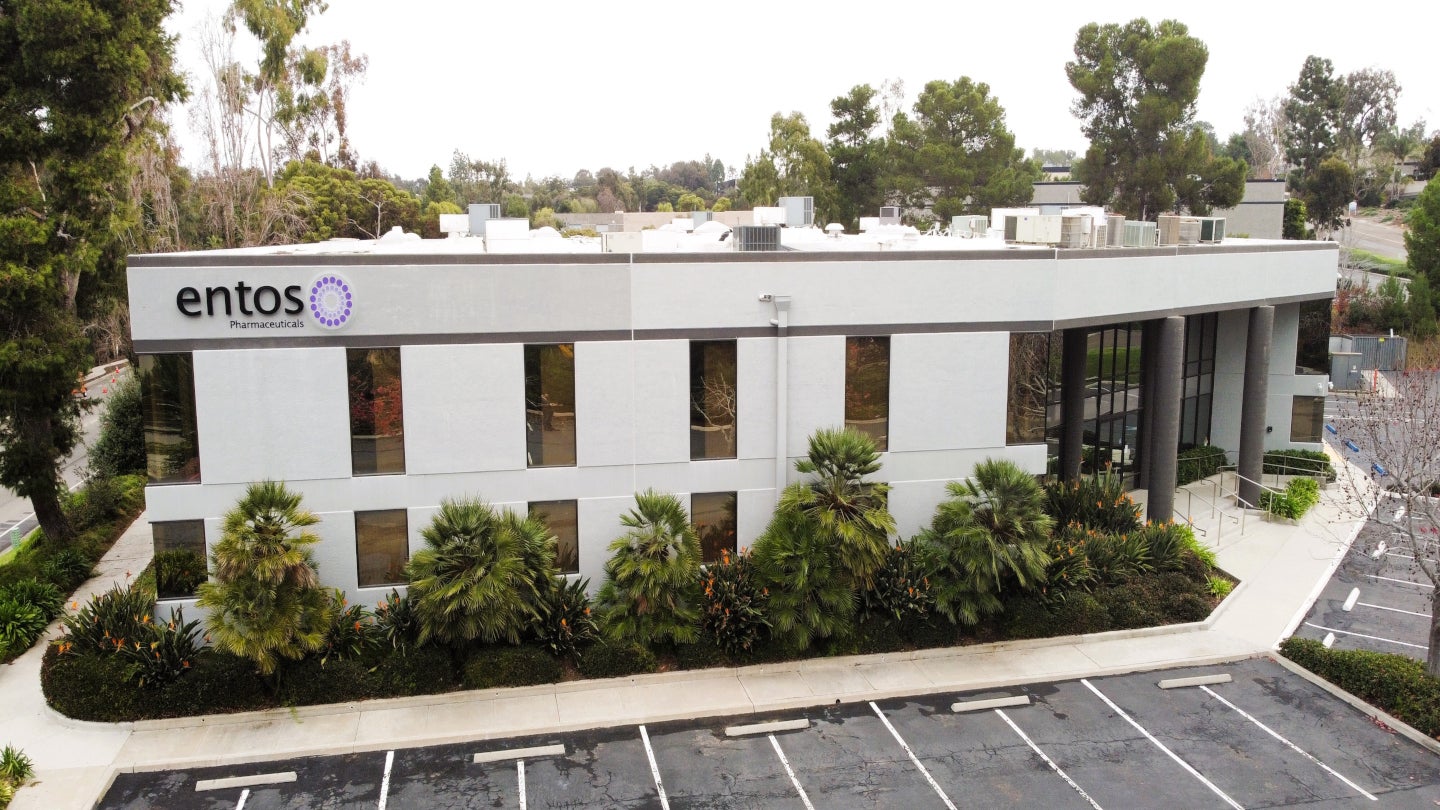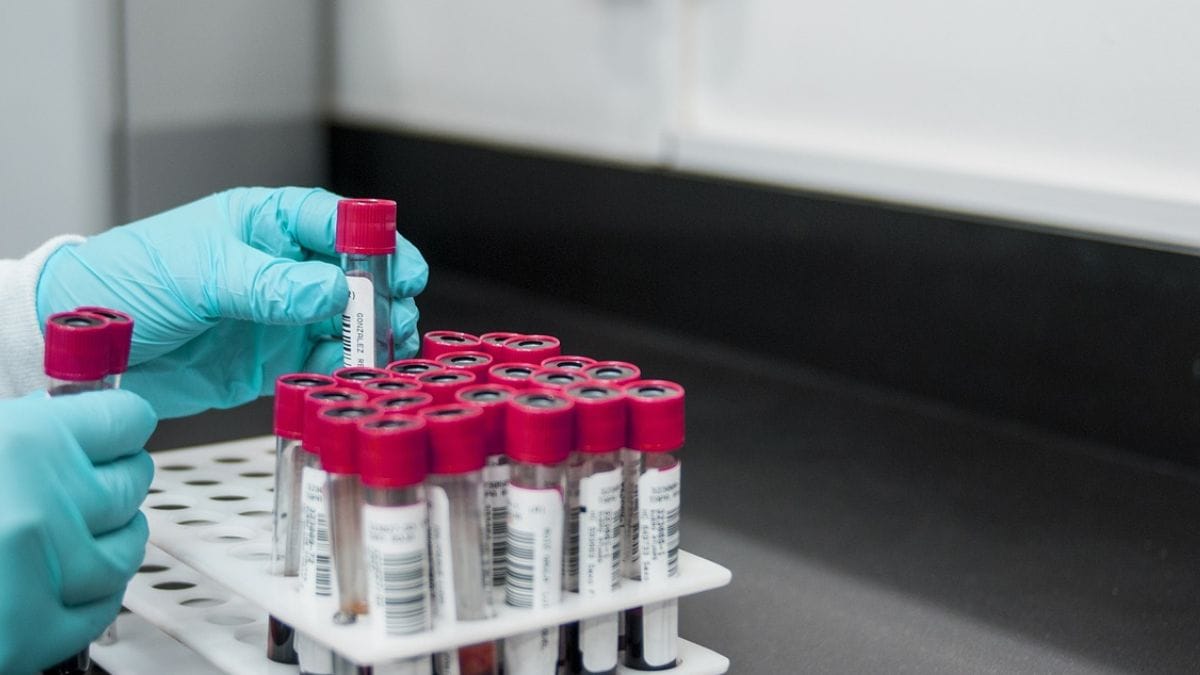
Antimicrobial resistance (AMR) is a major public health concern, and a new study looks into how taxation could impact antibiotic prescriptions. Taxing broad-spectrum antibiotics that contribute most to drug resistance could reduce prescriptions in favour of other medicines, UK-based researchers say. The main contributor to antimicrobial resistance (AMR), which is when bacteria no longer respond to medicine, is overuse and misuse of antibiotics.
Antibiotics are categorised as narrow-spectrum (i.e. targeting specific bacteria) or broad-spectrum (those used more broadly).

While narrow-spectrum drugs can help slow AMR, they require knowledge of the bacteria causing an infection, whereas broad-spectrum antibiotics don’t. Researchers looked at the impact of imposing a "tax" on general practitioners (GPs) when they prescribe broad-spectrum antibiotics, basing their research on 10 years of monthly UK antibiotic sales data analysis. They published their findings in .
“Antibiotic resistance is an important issue and a priority for UK health policy. It’s possibly the next ticking time bomb in the healthcare system,” Farasat Bokhari, a professor from Loughborough University and one of the study’s co-authors, said in a statement. “In our analysis, the financial burden of the tax is not on the patients but rather on the GP practices who may be overprescribing in some cases,” he added.
The idea is to create a financial incentive for shifting from broad-spectrum antibiotics to .















